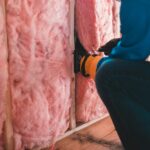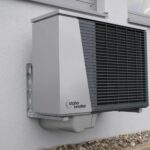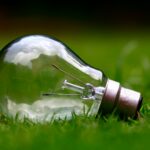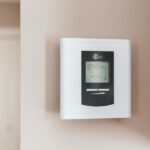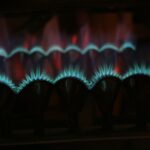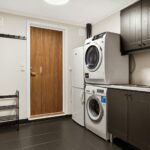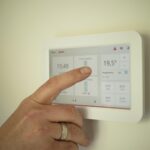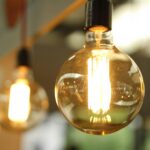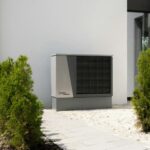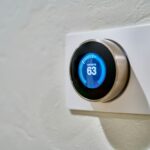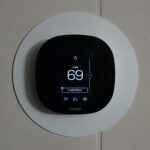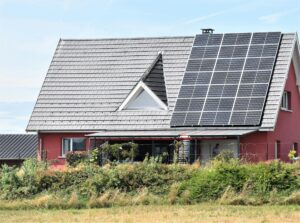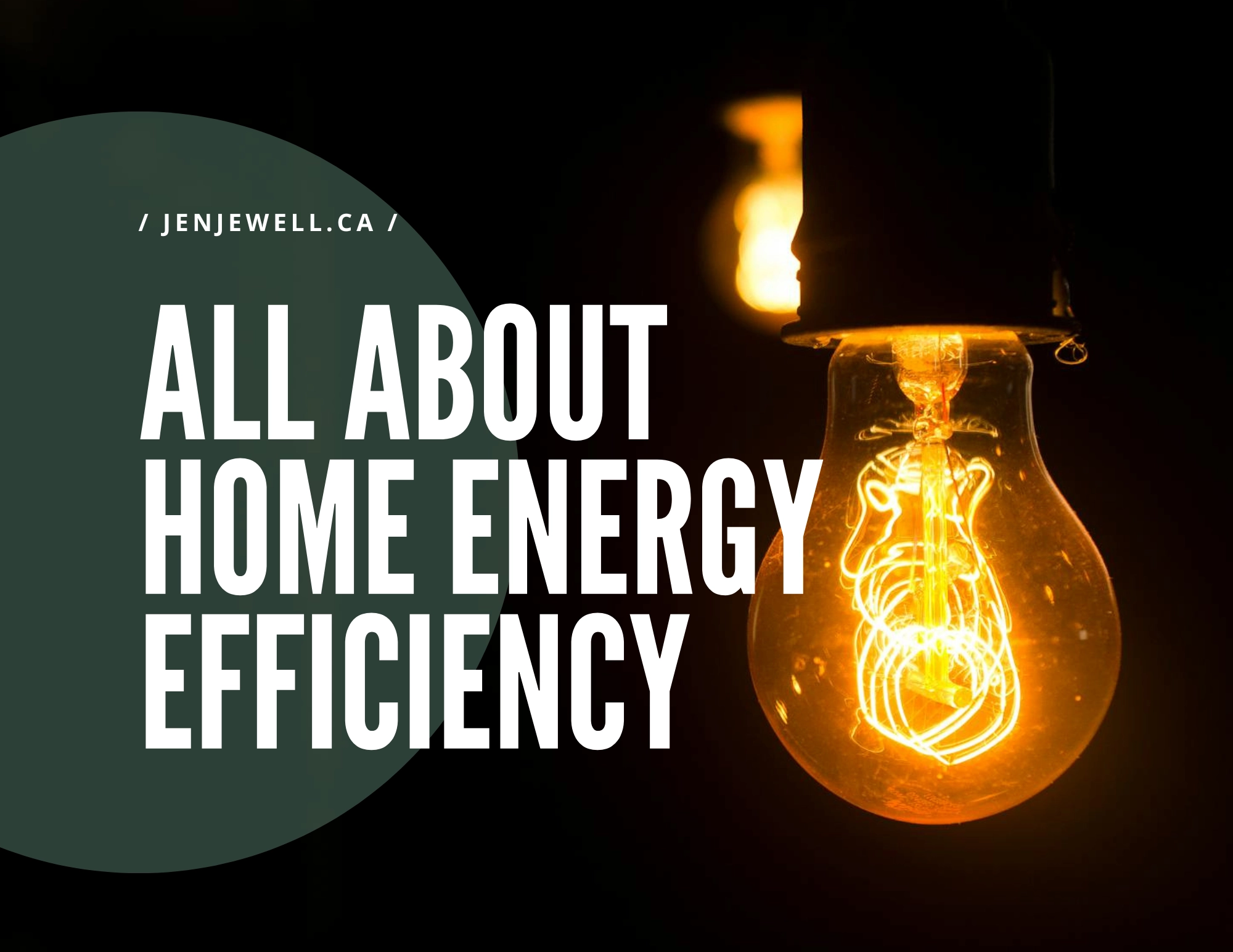

Boosting Your Home’s Energy Performance
All about home energy efficiency boils down to reducing energy consumption while maintaining, or even improving, comfort levels. A more energy-efficient home offers significant benefits, including lower utility bills, reduced environmental impact, and increased property value. Implementing energy-saving strategies can seem daunting, but by understanding the key areas to focus on, homeowners can make impactful changes.
Understanding Your Home’s Energy Consumption
Before diving into solutions, assess your current energy usage. Review your utility bills for trends and consider a professional home energy audit. An energy audit identifies areas of heat loss and air leakage, offering tailored recommendations for improvement. These professionals use specialized equipment, such as blower doors and thermal imaging cameras, to pinpoint inefficiencies and suggest targeted upgrades. This assessment provides a roadmap for your energy efficiency journey.
Click here for more information on Orangeville realtors
Related Article: What is the Most Efficient Form of Energy For a Home?
Upgrading Windows and Doors
Windows and doors are significant sources of energy loss. Consider upgrading to ENERGY STAR certified windows, designed for optimal energy performance. Look for features like multiple panes of glass, low-e coatings, and gas fills between the panes. Similarly, choose ENERGY STAR certified doors with good insulation and tight seals to minimize drafts. Proper installation ensures optimal performance and longevity.
Related Article: What is One Disadvantage of Becoming More Energy Efficient?
Related Article: What is the Most Expensive Energy Source?
Optimizing Heating and Cooling Systems
Your heating, ventilation, and air conditioning (HVAC) system plays a central role in your home’s energy efficiency. Regular maintenance, such as changing air filters and scheduling professional tune-ups, ensures optimal performance. Consider upgrading to a high-efficiency furnace or air conditioner with a higher Seasonal Energy Efficiency Ratio (SEER) rating. Programmable thermostats allow for automated temperature adjustments, saving energy while maintaining comfort. Heat pumps offer efficient heating and cooling by transferring heat between indoor and outdoor air.
Embracing Energy-Efficient Appliances and Lighting
Appliances and lighting contribute significantly to household energy consumption. Choose ENERGY STAR certified appliances, such as refrigerators, dishwashers, and washing machines, which meet stringent energy efficiency standards. Switch to energy-efficient lighting options like LED bulbs, which use significantly less energy than traditional incandescent bulbs and last much longer. Incorporate smart power strips to further reduce energy waste by automatically cutting power to devices when not in use.
Related Article: What Saves the Most Energy in a House?
Related Article: What Takes the Most Electricity in a Home?
Leveraging Renewable Energy Sources
Explore renewable energy options like solar panels to generate your own electricity. While the initial investment can be significant, solar panels offer long-term cost savings and reduce your reliance on the electrical grid. Government incentives and rebates may be available to offset installation costs. Consult with a qualified solar installer to assess your home’s suitability and potential energy savings. Consider other renewable energy options like geothermal heat pumps, which harness the earth’s natural temperature for heating and cooling.
Conclusion
Improving your home’s energy efficiency is a multifaceted process with significant rewards. By understanding the key areas of focus, such as insulation, windows, HVAC systems, and appliances, you can make informed decisions that will benefit both your wallet and the environment. Start with an energy audit to identify specific areas for improvement, and then prioritize upgrades based on their potential impact and your budget. Embracing energy-efficient practices not only lowers your utility bills but also contributes to a more sustainable future. Investing in energy efficiency is an investment in your home’s comfort, value, and environmental responsibility.

